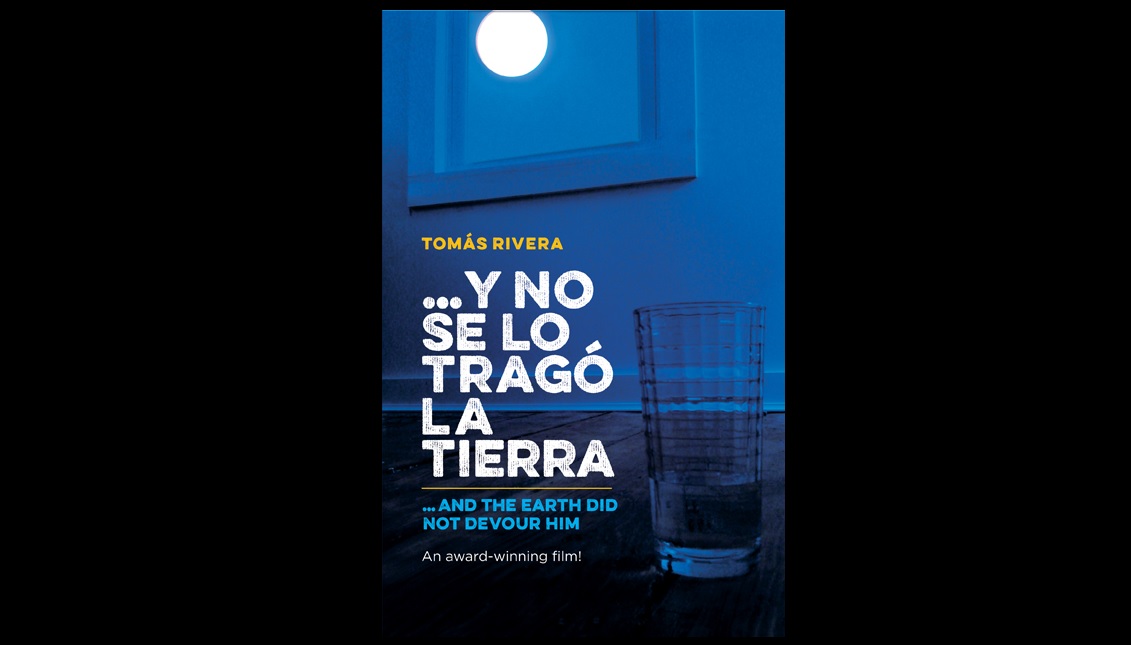
Summer reading: 'And The Earth Did Not Devour Him...'
This summer, take some time to appreciate a classic novel by Tomás Rivera about the migrant worker experience through the eyes of a Mexican American boy.
The Trump administration's policy of "zero tolerance" towards immigration at the border has brought to light the harsh psychological conditions suffered by those who leave their countries in search of a better life in the United States: Fear. Discrimination. Family separation. Hard work.
In this context, thus, it makes more sense than ever to reread "... y no se lo trago la tierra / And The Earth Did Not Devour Him ...", a short novel written by Chicano author Tomás Rivera (1934-1984) more than 45 years ago.
Considered a classic of Chicano literature, the author narrates the experiences of an immigrant who arrives in Texas to work as a farm worker and exposes daily life in a Mexican American community in Texas through the eyes of a child.
"And The Earth Did Not Devour Him ..." was published for the first time in 1971 and turned into a film in 1995. It reflects upon the difficulties faced by Latino immigrants arriving in the United States in search of a better life, from discrimination, labor exploitation and lack of access to education, as well as identity problems that pertain to their immigrant status, such as the feeling of being the "other."
Forced to leave their home in search of work, the migrants are exploited by farmers, shopkeepers, and even other Mexican Americans. The boy must forge his identity in the face of exploitation, death and disease, constant moving, and conflicts with school officials.
RELATED CONTENT
"Despite such adversity, the people endure. Traduced by salesmen, mistreated by employers, persecuted because of their race, they continue to hope. 'When We Arrive,' the title of one story, addresses the perpetual longing for arrival—not just to a particular place, the end of a trip, but arriving fully as a people. Books like Tomás Rivera’s are part of that unfinished journey," observed a review published by Texas Monthly in 2001.
"And The Earth Did Not Devour Him..." shows the instinct to overcome, but also fear. "It is a key book to understand the life of the peasants of this country. The author takes us into this difficult but magical world of men who grow the fruits of the earth with their hands," reported Hola Cultura, a Latino culture site, in April 2017, on the occasion of the new bilingual edition of the book.
Born in Texas to Mexican immigrant parents working in the fruit harvest, Rivera has been compared with the American writer John Steinbeck for his descriptions of the odyssey of the migrant who arrives in an unknown territory, and with William Faulkner for his interior monologues.
When Rivera was young, he eventually became a farm worker but managed to get out of his humble origins and graduate from Southwest Texas State University (now Texas State University), and then earned his Ph.D. in philosophy at the University of Oklahoma. From there he began an academic career, which led him to become a professor at Sam Houston State University and the University of Texas at El Paso. From 1979 until his death in 1984, he was the chancellor of the University of California, Riverside, the first Mexican American to hold such a position at the University of California.
Known for his strong presence as a cultural promoter, Rivera wanted to highlight the importance of community and language as keystones of life and survival for the immigrant community, a lesson that has become more important than ever in the Trump era.












LEAVE A COMMENT: